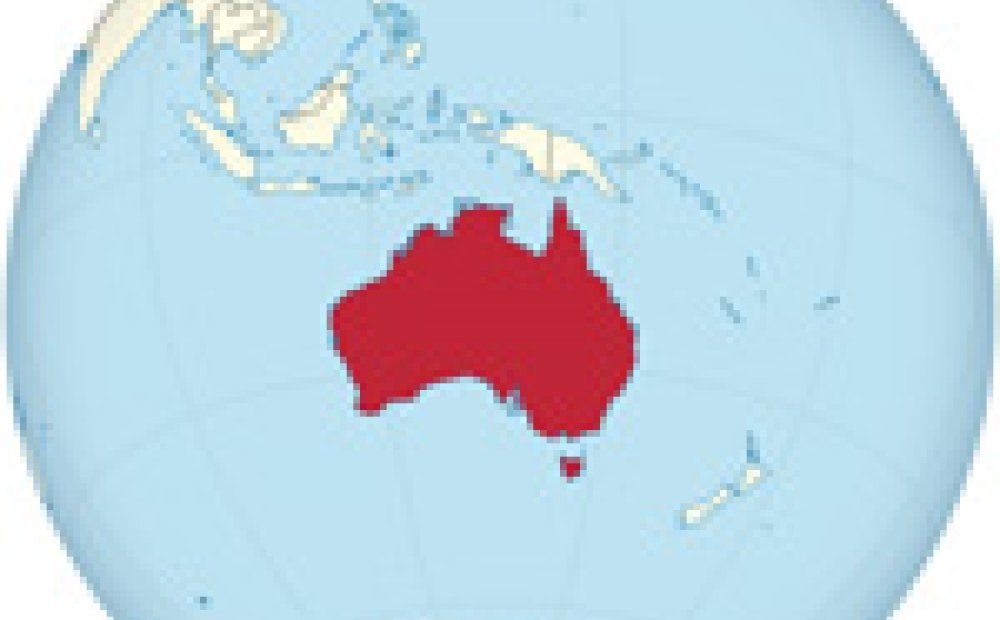Australia in World Affairs 2006-2010: Middle Power Dreaming

The United States and Australia share a similar approach to foreign policy issues. However, their geopolitical focus often, and increasingly, diverges. Speaking at an Asia Program event on October 4, Kim Beazley, Australian ambassador to the United States, highlighted several international concerns for Australia and outlined the domestic arrangements influencing its foreign policy. Conservative parties in Australia traditionally stress a solid bilateral relationship with the United States while maintaining less of a focus on multilateral initiatives. Australia has always maintained a close relationship with its security guarantors, Great Britain before 1952 and thereafter the United States. However, the Australian Labor Party (ALP) has generally placed greater emphasis on regional and global solutions to international problems. Since regaining office in 2007, it has focused on UN initiatives, the Asia-Pacific Economic Cooperation (APEC) forum, the Group of 20 nations (G20), and the East Asian Summit.
Beazley’s exposition of Australia’s foreign policy framework set the scene for more detailed comments by James Cotton, professor of politics at the University of New South Wales at the Australian Defence Force Academy and co-author of the forthcoming book Australia in World Affairs 2006-2010 (Oxford University Press). The scope of Cotton’s book, the fourth in a series on Australian foreign policy, covers three governments: the end of the John Howard government from 2006-2007; the Kevin Rudd government from 2007-2010; and the first six months of the current government of Julia Gillard. Howard followed the traditional conservative line, stressing bilateralism and cooperation with the United States. He also expressed deep misgivings about free trade agreements; his position on climate change was simply that the debate should be allowed to run; and he took a hard line on immigration, insisting that Middle Eastern and Central Asian refugees be processed offshore.
In contrast, Rudd focused on Australia’s relations with its Asia-Pacific neighbors and highlighted such issues as nuclear non-proliferation, development in Pacific Island states, and climate change. Rudd scored some major successes, such as withdrawing Australian troops from the unpopular Iraq war, reanimating Australia’s relationship with the United Nations, and managing the impact of the global financial crisis, which in turn enhanced the credibility of Australia’s membership in the G20. However, his record on foreign policy was mixed, with domestic tension over Australia’s international climate change commitments in particular leading to the fall of his government. As a former diplomat and “China hand,” Rudd raised expectations about the future of Sino-Australian relations, but failed to deliver in this area. Climate change again proved a sticking point here, with Rudd unable to come to an understanding with the Chinese delegation at the 2009 “COP15” United Nations Climate Change Conference in Copenhagen. Rudd’s failure in Copenhagen highlighted at once the importance of China to global regimes and the difficulties Australia will face dealing with a rising power in its region.
Given the current uncertainty of global political priorities, Cotton suggested it is perhaps time for an adjustment of Australian foreign policy views. Cotton noted that in order to balance China’s rise in an uncertain geostrategic environment and despite the ALP’s general focus on multilateralism, Australia is seeking an ever closer relationship with the United States. Australia’s 2009 Defense White Paper reiterated the importance of the alliance relationship with America, and there has even been discussion of inviting the United States to base combat troops on Australian soil. However, Cotton believes that amid uncertainty about U.S. political priorities and the growing economic and strategic power of China, Australians should be asking themselves what they would do “if the United States won’t or can’t turn up to aid Australia” in time of need. Cotton noted that overemphasis on ties with Washington has led Canberra to neglect a sensible hedging strategy that takes a sympathetic approach to core Chinese national interests that do not conflict with Australia’s strategic priorities. The uncertainty about America’s future role in Asia thus lends itself to reexamination of those traditional priorities and deeper engagement in the Asia Pacific region. Middle power diplomacy appears to be in the best interests of Australia.
By Joshua Spooner
Robert M. Hathaway, Director, Asia Program
Image from Wikimedia Commons
Speakers

Professor of politics, University of New South Wales at the Australian Defence Force Academy
Hosted By

Indo-Pacific Program
The Indo-Pacific Program promotes policy debate and intellectual discussions on US interests in the Asia-Pacific as well as political, economic, security, and social issues relating to the world’s most populous and economically dynamic region. Read more
